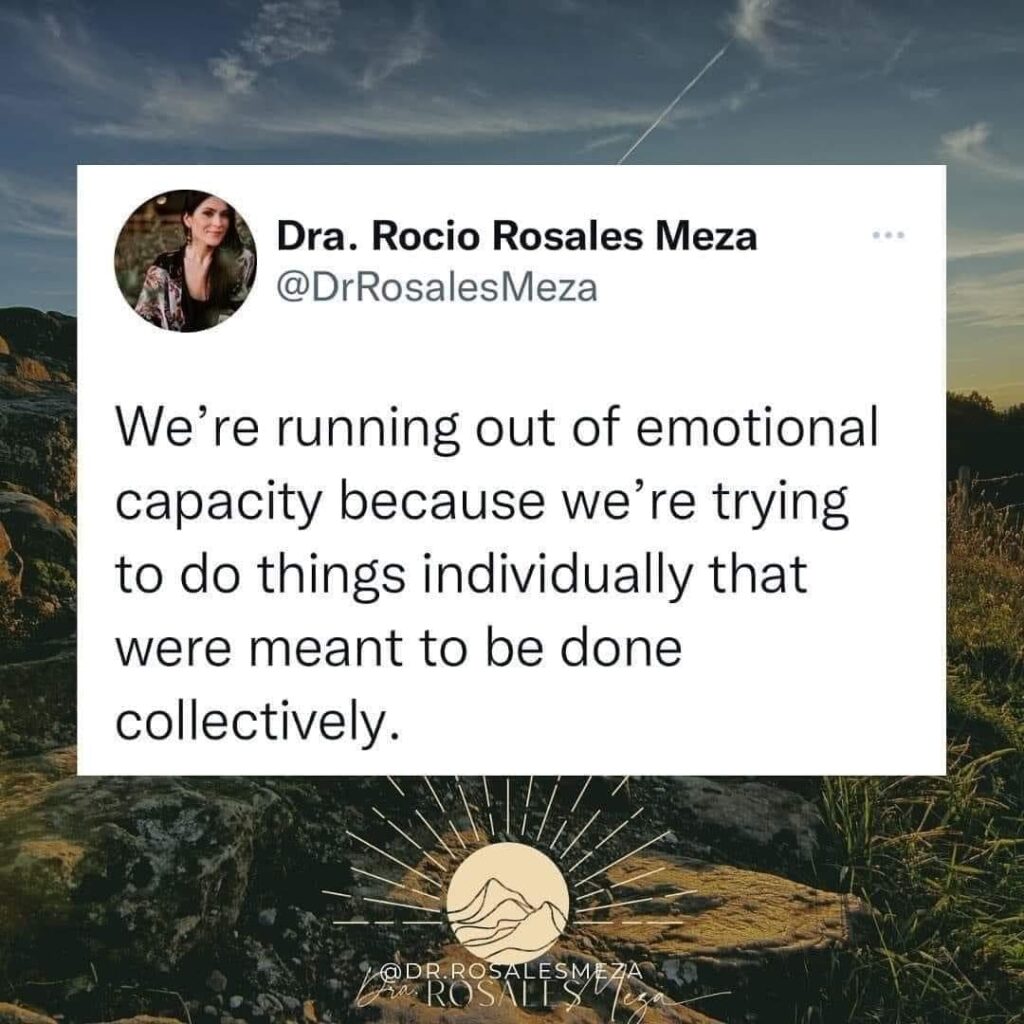First Unitarian Universalist Society Burlington
September 29, 2024
[offered as part of the UU Climate Justice Revival]
Part I
Which future are you preparing for? Which future are WE preparing for?
And when I say we, I mean you, and you, and me, and you, and us here, and us there. All of us. Especially the all of us who are sometimes, too often, left out of “us.” Who are sometimes considered “them” or “other.”
And by all of us I do mean us humans, and I mean us earthlings, by which I mean every sentient being in every nation (and those existing outside of nations), in every land ceded or unceded, in every watershed, the whole dang all of it. All of us.
Let me ask again: which future are you preparing for? Which future are WE actually preparing for?
Is it a future some of us (only some of us) were ostensibly promised all those decades ago? Or perhaps quite recently, sold in the media inundation all around us?
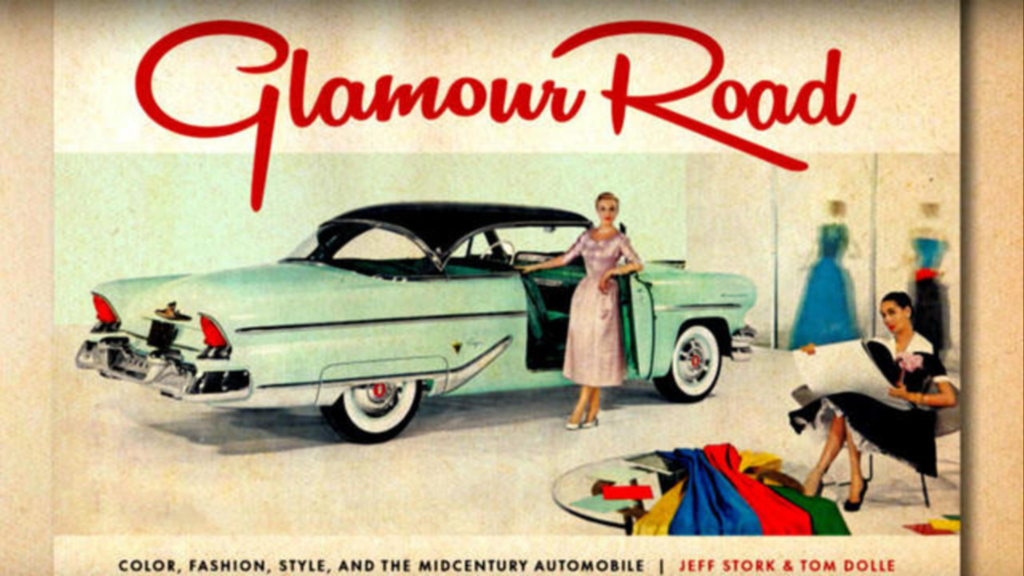
Perhaps it’s the one we were told that we would be able to pass onto the next generation? (I’m talking especially to those of us who are Boomers, and even Gen X) The one that looks more or less like now, but with a tint of greenwashing?
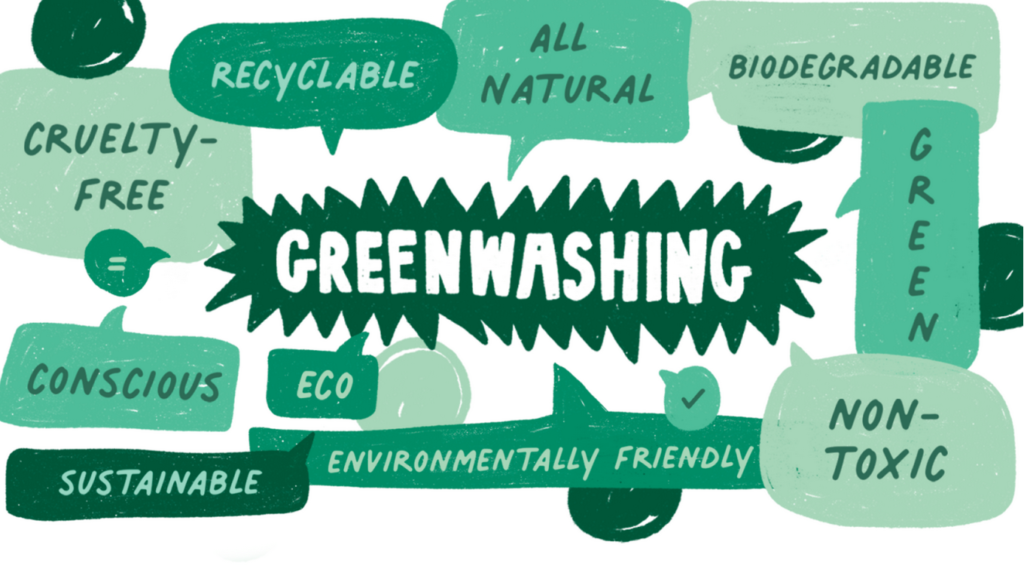

Cars (but affordable electric ones).
Central air for all (powered by solar or wind, of course).
Gratifying employment (or chasing it).
Fresh strawberries (even in January)?
The story of Noah’s ark, found in the scriptures of Judaism, Christianity, and Islam, suggests that at a particular point in Ancient Times, there was one correct set of instructions for surviving an extreme climate event: those handed down by the. One. God.
As the story goes, most people living at the time were excluded from these instructions, but not Noah. He followed the instructions, bringing along with him his family and pairs of all the creatures of the earth. They built a floating zoo to spec, just before the whole known world was lost to a great flood.
Generally speaking, Unitarian Universalists do not endorse the theology of a divine, gendered voice commanding us, “Prepare thy future!”
Since that is the case, from WHENCE come, if not instructions, then inspiration, to reckon with the impact of what we have wrought on the planet?
For us, there is a cacophony of instructions in our postmodern world.
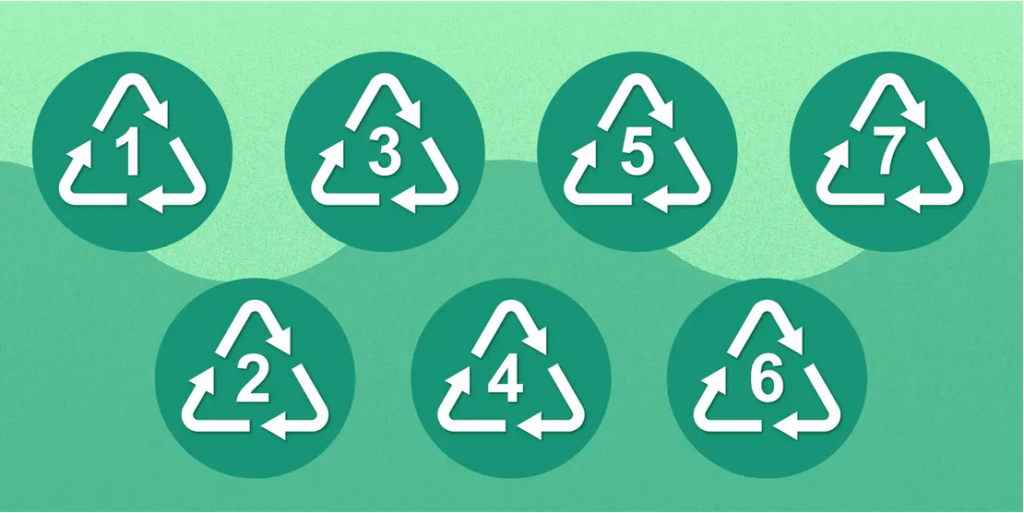
Some of the once-good instructions no longer are. Recycling plastic used to be a thing – a practice we hoped would allow us to continue to consume at the levels to which we had become accustomed. Except it’s turned out, there is nowhere for plastic to go. There never really was.
Some billionaires are following instructions that take them to space. Their instructions are not god-given, but come from a place of great greed; from individualistic self-preservation, not collective liberation as our Unitarian Universalist values if not instruct us, then guide and inspire us.
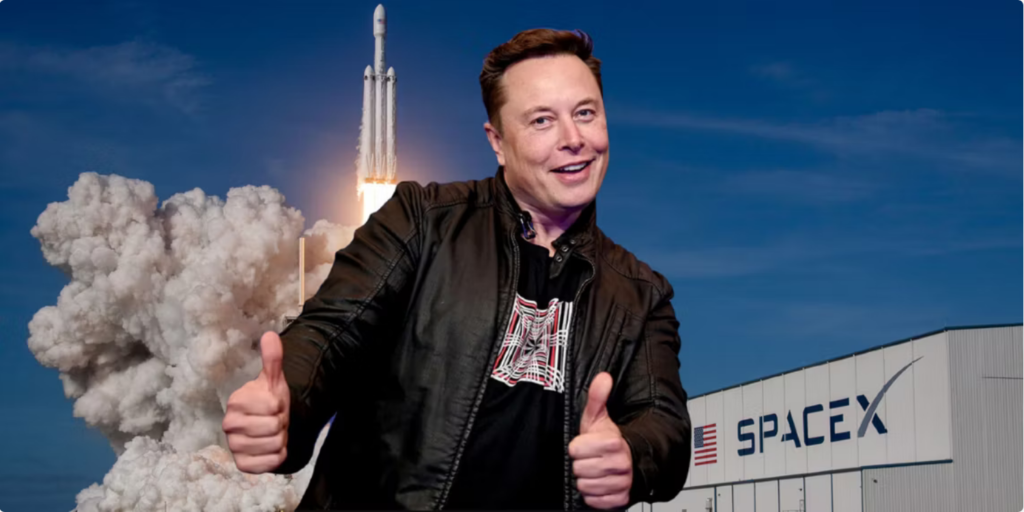
Friends, let us close our ears and wallets to the tech-thralled propaganda of global billionaires who try to make us pay for their costly shenanigans, as if we haven’t already paid too high a price. We shall not cede our vision of the future to them, even as they try so persistently to mold the shape of our present.
From whence comes our inspiration? From whence come the seeds of our own reckoning? From whence come the threads of our accountability to be the good ancestors to which we aspire, not knowing what our descendants will be facing?
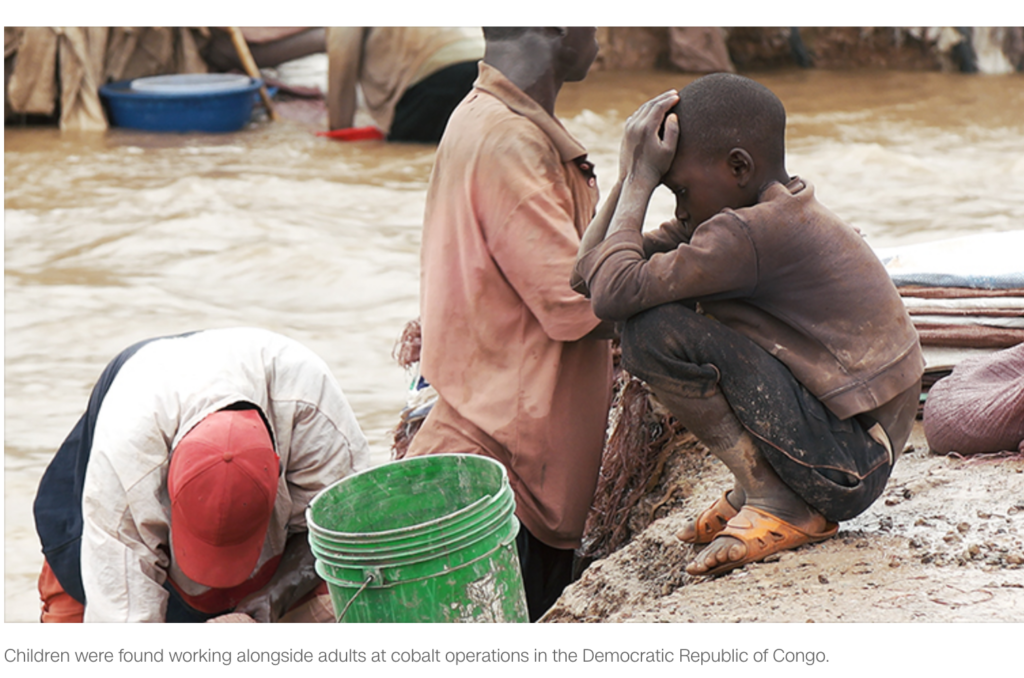
Some instructions tell us that if we become carbon neutral or reach “real Zero” by 2050 or 2035, we can just shift our energy use but keep our consumptive habits as they are. Friends, these instructions, are also an illusion. An intoxicating, dangerous one. Especially dangerous to those people, some of whom are child laborers, who mine the precious minerals in the Democratic Republic of Congo that allow for cell phones and solar panels to be produced for widening consumption. These instructions might slow the impending constriction brought on by the climate crisis. That is a good thing, for sure. Yet, it will not stop it. And it comes at a cost.
Some instructions are so deeply culturally-embedded, they are a form of anti-instruction, hidden from our consciousness. In this congregation, not all of us, but many experience a level of economic privilege that is a form of anti-instruction, not always conscious,a form of vulnerability. The ease of consumption that comes with economic privilege, the belief that comfort is a right ~ these things create a kind of fragility.
The cultural writer, Felix de Rosen, suggests that
“It’s that fragility that makes Americans the least likely out of rich countries to consider climate change a real threat,”
and he writes
“Dominant cultures have a lot to learn from cultures that have already experienced breakdown.”
Full confession: I recognize myself there in that fragility. I find it difficult to extricate myself from those very instructions. Consumption. Convenience. Capitalism. I think I am not alone in this.
I want to recognize, explicitly, dear friends, that among us, there is a diversity of social locations, some of us with privilege, some without, most of us with a mix. All of these identities and lived experiences influence the instructions (and inspirations) we are able to perceive. For all of us, there is a gap between our aspirations and our actions.
So I find myself asking that increasingly heavy question: which future am I ~ are we ~ truly preparing for?
It is a heavy question. Too heavy to bear alone. Might we bear it together? And in the bearing of it together, might it be easier to bear, in the way that happens, when we come together to do hard things?

The question comes from the podcast, “Octavia’s Parables,” created by community organizer and author, adrienne maree brown and singer-song writer, Toshi Reagon. Published in 2021, the podcast focuses on books written by Octavia E. Butler: Parable of the Sower and Parable of the Talents, both of which were written in the 1990s. And which I referenced in my sermon last week. Each podcast episode covers a single chapter, applying the novel to our lives. Applying the novel to our potential future(s).
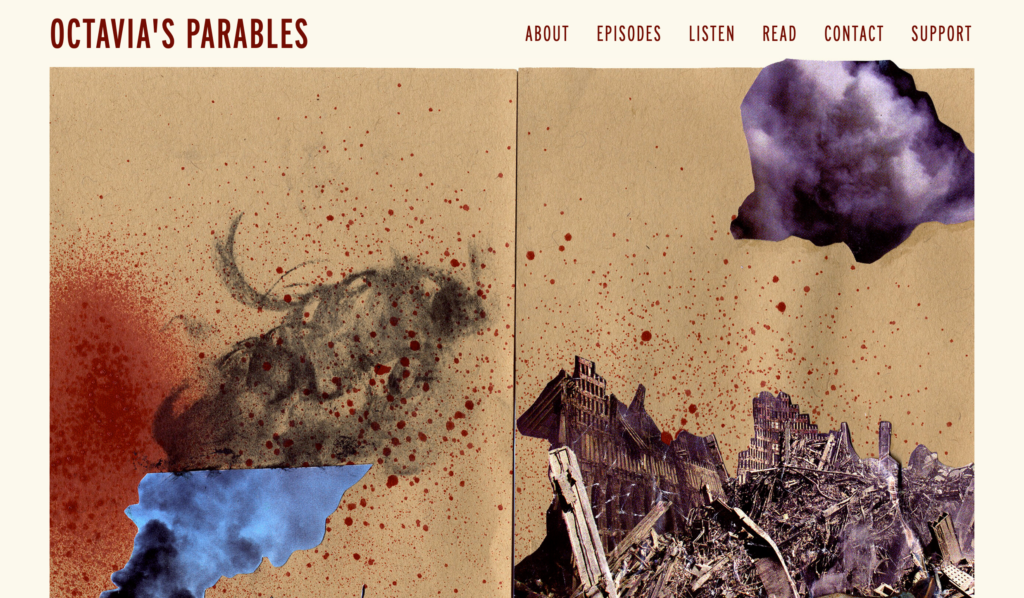
You might wonder why these books in particular? Well, the first book, Parable of the Sower begins in the future: it’s the year 2024 (yes, this year!). In the dystopian America of the book, there is a presidential candidate who runs on the motto, I kid you not, of making America great again.
There is a prescience in these books (written in the 1990s) that we ignore at our own risk.
Butler’s Parable books have become a kind of sacred text for many. I count myself among that number. From these books I have gleaned concrete instructions, like the importance of learning to read maps; collecting seeds and disseminating them; practicing self-defense; preparing a go-bag ready. Having grown up in a Tsunami zone, I know about having a go-bag. Mine now have paper maps, because if (or when) the shift hits the fan, there won’t necessarily be GPS.
These books are described either as science fiction or as a form of “speculative fiction” a term to describe a super-genre of literature that uses our imaginations to ask the “what if” question. Frankly, I’m not sure what the difference is between speculative or science fiction. They sound the same to me.
Whether we call Octavia E. Butler, a science fiction writer, or a speculative fiction writer, she knew that “the most compelling science fiction …offered… readers alternative versions of not just the universe, but also of themselves.”
For me, speculative fiction that explores dystopian future worlds, including these books in particular, help me manage my anxiety about what the future holds, whether my anxiety is based on the tenacity of white supremacy culture, the intransigence of sexual violence, the acceleration of climate constriction, or the looming presence of authoritarianism.
And when it comes to inspiration, within the Parable books, there is self-contained, complete sacred text that the protagonist, 15-year-old Lauren Olamina, puts down on paper. It’s called EarthSeed: Book of the Living. And like I mentioned last week, the first verse is
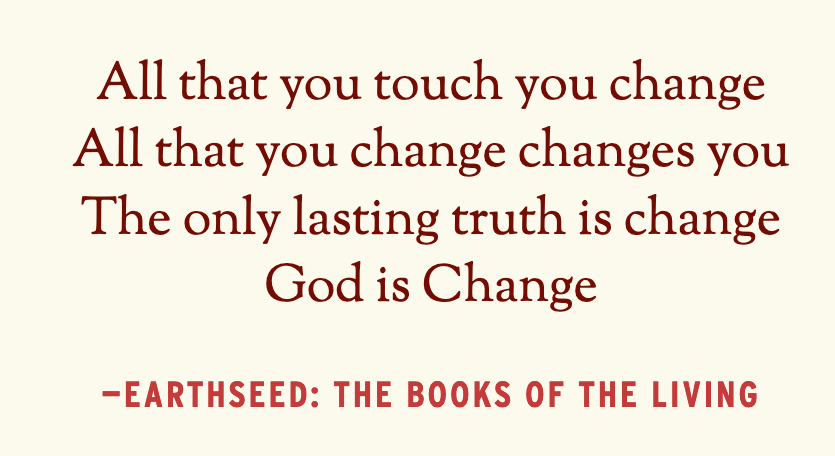
Last week I also shared verse #19. This week I want to share #54. Given our upcoming presidential election, it’s more than relevant:
Choose your leaders
with wisdom and forethought.
To be led by a coward
is to be controlled
by all that the coward fears.
To be led by a fool
is to be led
by the opportunists
who control the fool.
To be led by a thief
is to offer up
your most precious treasures
to be stolen.
To be led by a liar
is to ask
to be told lies.
To be led by a tyrant
is to sell yourself
and those you love
into slavery.
Of all the instructions and inspirations in the Parable books, the most meaningful lesson I have claimed, I sum up in this way:
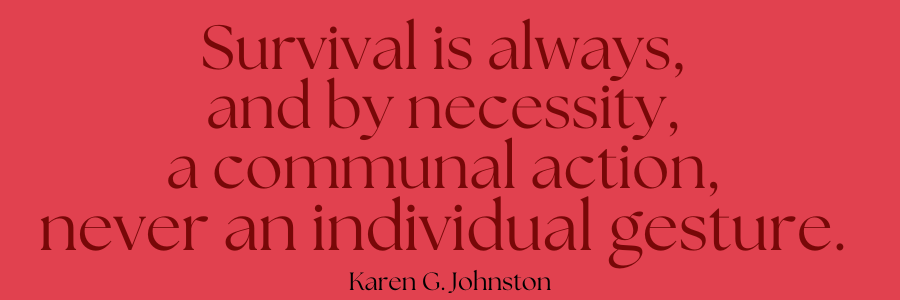
More about that in the second half of this sermon.

Part II
Survival is always, and by necessity, a communal action, never an individual gesture.
We must prepare now for the future that is already here. Already here: flooding across the globe and for us, here at home in Vermont, and just this week’s end with Hurricane Helene. How can we not be reminded of Noah’s Ark? And with wildfires across the planet,reddening our sunsets and burning our throats each summer, it’s hard not to hear the Biblical echo that it will be fire next time.
It already is the fire next time: in the soaring temperatures on both land and in oceans and waterways, including our own cyano-bacteria-blooming all over our beloved watershed;
in heat islands, those areas with few shade trees, much concrete and low access to air conditioning, which often results in health-related challenges like asthma, increased diabetes symptoms. Which is, of course, disproportionately affecting those living in poverty and those in Black and Brown communities.
I have come to understand that what draws me to reading speculative fiction books which contain, according to Octavia E. Butler, “a handful of earth and a handful of sky” ~is not just about managing anxiety. Whether it is the Parable books. Or Station Eleven. Or The Last Beekeeper. Or Ministry for the Future.
It’s about growing my ~ and our ~ moral imagination. It is about cultivating a moral and generative imagination for the future that does not yet exist but is ours to co-create – not in our control or there for us to dominate, but to shape.
The stories we choose ~ the sacred texts we claim ~ and how we let them shape us ~are a part and particle of this process. Seeking out speculative fiction rooted in reality that then expands our moral imagination;that also aligns with our Unitarian Universalist values of equity, pluralism, interdependence, justice, transformation, generosity; that has at its narrative core a liberating love at the center ~ is a meaningful affirmation of the future for which we are not only preparing, but which we are co-creating into existence.
And while the story in the Parable of the Sower and Parable of the Talents is full of doom and damage ~ what some say is hopeless ~ there are worthwhile lessons; there is not cheap hope, but costly hope. Which I find more trustworthy.
That costly hope fuels the demanding lesson that not only that survival is a collective action.
That costly hope is what fuels the harsh and holy possibility that if collapse and damage cannot be avoided, it is also true that neither need be the last word.

Yesterday, about 20 people got together here, in this Meetinghouse, as part of our UU Climate Justice Revival – to exercise our moral imaginations, and to strengthen them, to deepen them, to activate them, to stimulate them, to recommit to them.
And that strengthening and deepening and activation and stimulation and recommitment is not over – the final workshop of our Climate Revival is taking place soon after this worship service is over – and you can attend, even if you weren’t here yesterday.


In the run up to the Climate Justice Revival, two quotes caught my attention on more than one occasion. The timing was brilliant. One was from Dra. Rocio Rosales Meza:
The other was from the impeccable, late bell hooks:
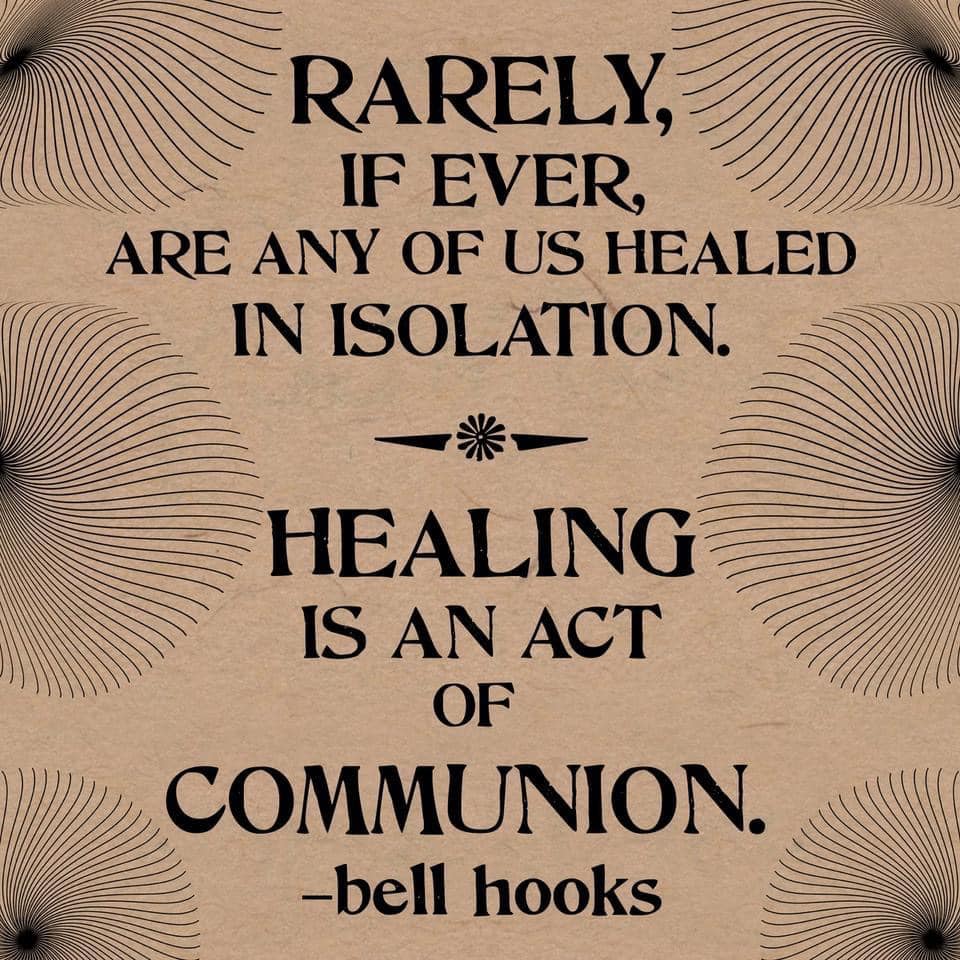
If this wasn’t true before, it’s certainly true now.
If it’s true for us, and true now, then it’s most definitely true for this planet, this place, this interdependent web of existence of which we are a part.

Friends, let us close our ears and wallets to the tech-thralled propaganda of global billionaires who try to make us pay for their costly shenanigans, as if we haven’t already paid too high a price. We shall not cede our vision of the future to them, even as they try so persistently to mold the shape of our present.
Let us seek wisdom from those who, in this world with its systemic injustices,
have already experienced denial of access and patterned denigration, who have been practicing resilience, cooperation, and survival. Doing so longer than those of us with privileges and protections that come from nationality or class or formal education.
Let us commit to build community that will extend into time, that we will come only to know because it will outlast us.
Let us ground ourselves in the truth of Change: our power to shape Change as Change changes us.
May the future be bigger than our imaginations and may we do what is ours to do to meet it, to keep going, to become unstoppable in our love and in our belief in transformation, our own and that of systems of harm.
Let us remember, whether we win or not, this is how we survive: saving what we love.
For us, it’s not going to be god-given instructions, but ones we must discern from the cacophony of options, guided by Unitarian Universalist values with a fierce and liberating love at the center.

That costly hope is what fuels the harsh and holy possibility that if collapse and damage cannot be avoided, it is also true that neither need be the last word. ~ Karen G. Johnston
